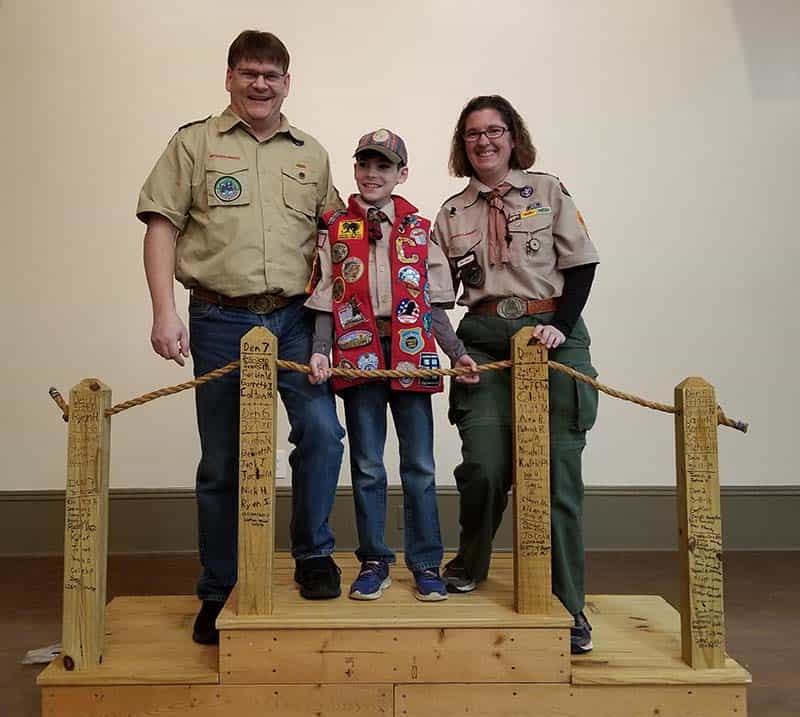Welcome to the wonderful world of Scouting! If your child is just starting their journey, you're likely filled with excitement and perhaps a few questions. The first year is a crucial time for new Scouts as they learn the ropes, make friends, and begin to experience the adventures and growth that Scouting offers. Here’s a guide to help you navigate this exciting time and support your child effectively.
What to Expect in the First Few Months
The initial period is all about integration and learning the basics:
- New Faces and Friendships: Your child will meet many new people – fellow Scouts, older youth leaders, and adult volunteers. Encourage them to be open and friendly.
- Learning the Scout Oath and Law: These are foundational to Scouting. You might hear them practicing at home!
- Basic Skills: Depending on the program (Cub Scouts or Scouts BSA), they'll start with fundamental skills like simple knots, understanding troop/pack structure, and safety rules.
- First Meetings and Outings: Regular meetings will introduce routines and activities. Early outings might be day trips or simple overnighters, designed to be fun and build confidence.
Understanding the Program (Cub Scouts vs. Scouts BSA)
It's helpful to know a bit about the specific program your child is joining:
- Cub Scouts (Ages 5-10): Focuses on fun, family involvement, and learning by doing. Activities are den-based (small groups) and pack-based (larger group). Advancement involves completing "adventures" which earn belt loops and pins.
- Scouts BSA (Ages 11-17): Emphasizes youth leadership, outdoor skills, and personal development through the patrol method. Advancement includes earning ranks and merit badges.
Attend parent orientation meetings offered by the pack or troop to get detailed information.
How You Can Support Your New Scout
Your involvement, big or small, makes a difference:
- Encourage Participation: Help them attend meetings and events regularly. Enthusiasm from you is contagious.
- Listen and Engage: Ask about their meetings and activities. Show interest in what they're learning and who they're meeting.
- Help with Uniform and Gear: Ensure they have the correct uniform and basic gear. Label everything! Check out our Uniform & Gear section for tips.
- Support Advancement: Gently encourage them with their handbook requirements or merit badge work, but let them take the lead. The goal is for them to learn and achieve.
- Communicate with Leaders: Stay in touch with den or troop leaders. They are your primary resource for information and addressing any concerns.
- Volunteer (If You Can): Even small contributions of time are valuable. Learn more on our Parents & Volunteers page.
"The greatest gift you can give your child is your time and attention. Supporting their Scouting journey is an investment in their future."
Navigating Challenges
There might be some initial bumps:
- Shyness or Hesitation: It's normal for some children to be shy initially. Encourage them to try new things and praise their efforts.
- Homesickness on First Campouts: Prepare them by talking about it beforehand. Pack a familiar item. Trust the leaders – they are experienced in handling this.
- Balancing with Other Activities: Scouting is a commitment, but it's usually flexible enough to coexist with sports or other interests. Good communication with leaders helps.
The Rewards of the First Year
By the end of the first year, you'll likely see remarkable growth in your child. They may be more confident, responsible, and skilled. They will have made new friends and experienced things they might not have otherwise. Scouting is a journey, and the first year lays a fantastic foundation.
Embrace the adventure with your child. Ask questions, get involved where you can, and celebrate their achievements. Welcome to the Scouting family!
